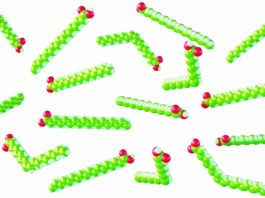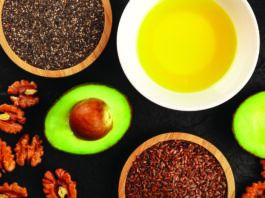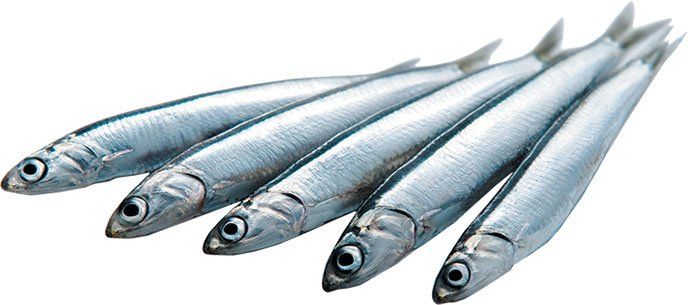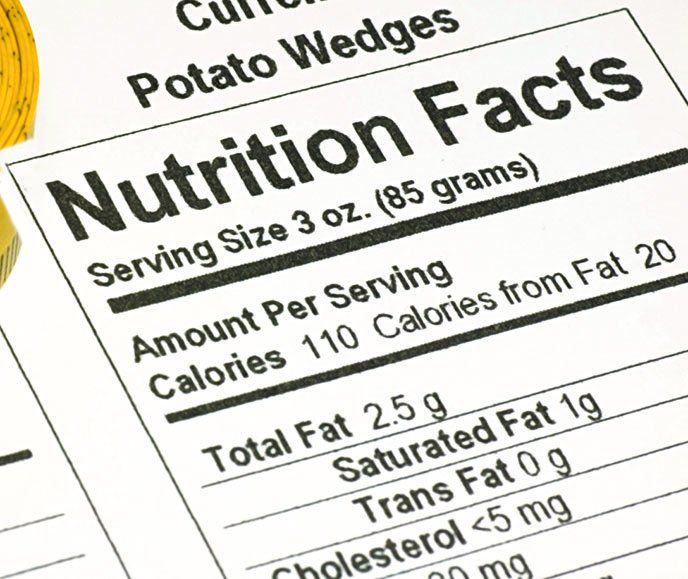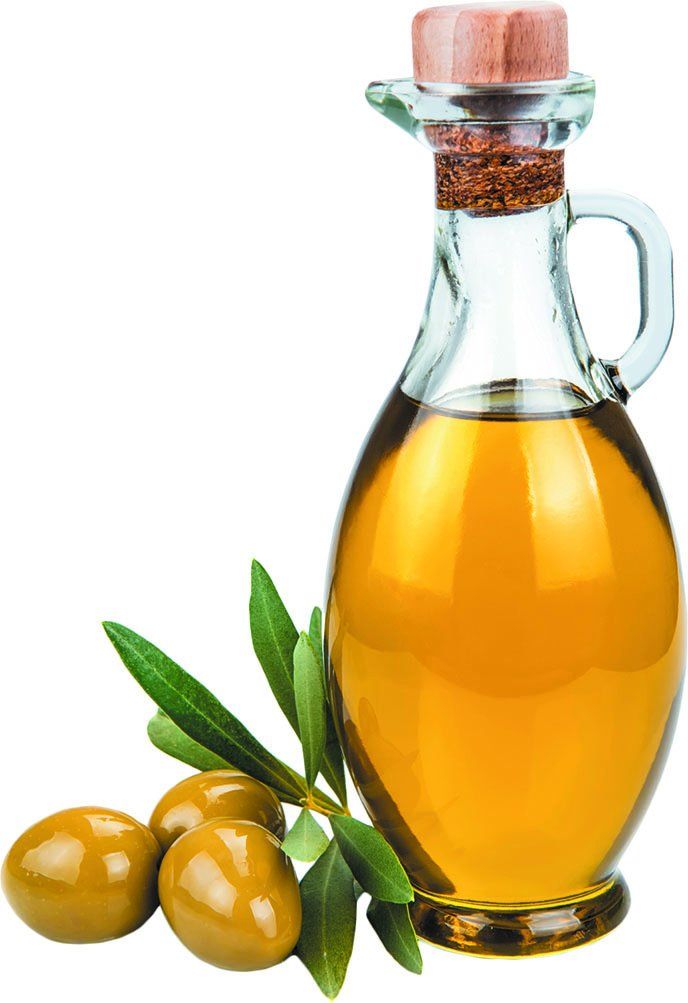Studies Challenge Bone Benefits of Extra Calcium
Older adults whove been loading up on calcium - either in their diets or in supplement form - to protect their bones recently got a shock on the nightly news: Extra calcium, according to two new headline-making reviews published in BMJ, was not associated with meaningful benefits for improving bone density or reducing fracture risk.
Polyunsaturated Fat Levels Linked to Longevity
A new long-term study from Sweden bolsters the evidence that the type of fats you consume is more important for your health than the total amount of fats in your diet. Rather than relying on sometimes-inaccurate self-reported food intake, the study actually measured blood serum levels of the most important types of polyunsaturated fats. Health outcomes were then tracked for an average of 14.5 years.
Expert Tips for Nutrition-Smart Holiday Travel
If you're planning to join the holiday travel crush - or already looking ahead to 2016 vacations - there's good news about your eating options en route. "I actually think that airport choices are beginning to improve a bit, both in terms of take-out and sit-down options," says Jeanne Goldberg, PhD, professor at Tufts' Friedman School and director of the Nutrition Communication Program. "The onus is to choose among the better options."
Diet Soda Drinkers Eat More Junk Calories
Do you want a candy bar with that diet soda? University of Illinois researchers report that people who drink diet beverages are more likely to allow themselves treats, sometimes referred to in technical terms as "discretionary foods."
Stop Worrying About Total Fat
Two of the nations leading nutrition experts have some advice for the federal government: Stop worrying about total fat. Nutrition research has shown that the emphasis on restricting total fat intake is outdated, yet these limits affect everything from Nutrition Facts labels to school lunches to supermarket products. In recent opinion pieces in JAMA and the New York Times, Dariush Mozaffarian, MD, DrPH, and David S. Ludwig, MD, PhD, argue, Its long past time for us to exonerate dietary fat.
Rethinking Protein Needs for Older Adults
Most of the soaring popularity of protein in US supermarkets can be dismissed as marketing hype. Although a new report from Packaged Facts says protein is currently the hottest functional food ingredient trend in the US, the truth is that most Americans get plenty of protein without any special dietary boosts.
What Does the Trans Fat Ban Mean to You?
Artificial trans fats, in the form of partially hydrogenated oils, once hailed as a healthy alternative to butter and shortening, will all but disappear from the US food supply by June 2018. Following up on a preliminary 2013 ruling, the US Food and Drug Administration announced this summer that artificial trans fats would no longer be considered generally recognized as safe (GRAS) The agency gave the food industry three years to reformulate products without artificial trans fats or to petition for specific, limited uses, such as in sprinkles atop ice cream.
Is It OK to Put Eggs Back on Your Plate?
The humble egg has been on a roll lately. First, the US Department of Agriculture recalculated the amount of dietary cholesterol in a typical large egg downward-from 215 to 185 milligrams-and vitamin D upward (to 41 IU, 10% of the Daily Value). Then, earlier this year, the Dietary Guidelines Advisory Committee (DGAC) concluded, given current intakes of dietary cholesterol in the US, it was no longer necessary to recommend that most people limit dietary cholesterol to 300 milligrams daily. (See the May newsletter for details.) That limit had led many people to avoid eggs.
New Evidence of Brain Benefits from Following a Mediterranean-Style Diet
A newly published followup to findings from a study of the so-called Mediterranean diet adds to the evidence that such an eating pattern, especially when it includes nuts and olive oil, may help protect the aging brain. Results from a subgroup of the Spanish PREDIMED study showed that those assigned to a Mediterranean diet held steady in cognition while a control group declined. While previous observational studies have linked a traditional Mediterranean-style dietary pattern to cognitive protection, this is the first such evidence from a large randomized clinical trial.
Should You Eat Like a Caveman?
Not since the TV-cartoon heyday of Fred Flintsones modern Stone Age family have cavemen been so in vogue. The Paleo Diet, a book by Loren Cordain, PhD, has been a bestseller since it was first published in 2002, and it has spawned a pile of cookbooks and a glossy magazine devoted to modern day primal living. A Google search for Paleo diet retrieves 7.7 million hits. Actor Chris Pratt credits the Paleo diet for getting him in shape to star as the buff hero in the Guardians of the Galaxy movie.






















